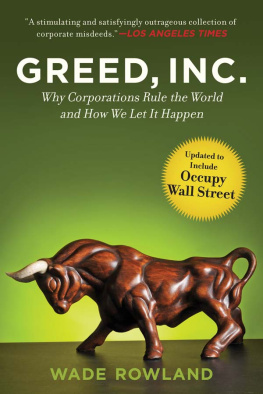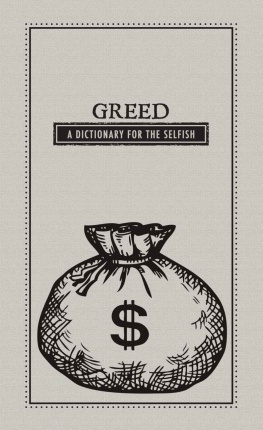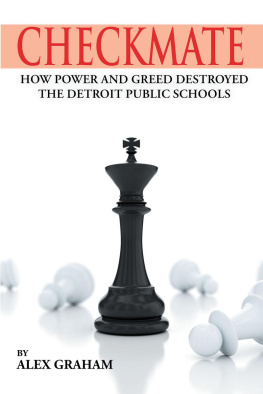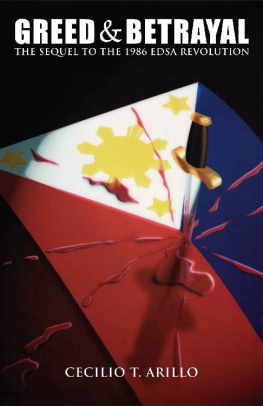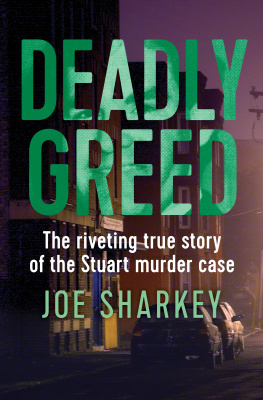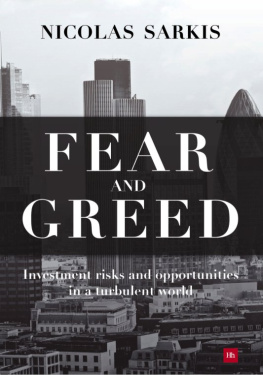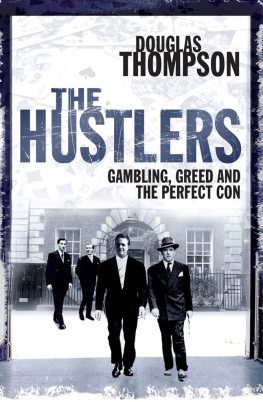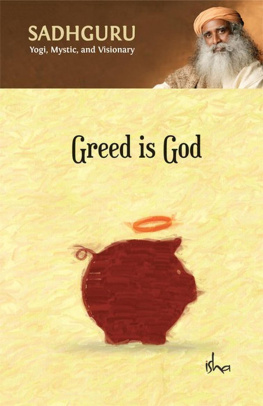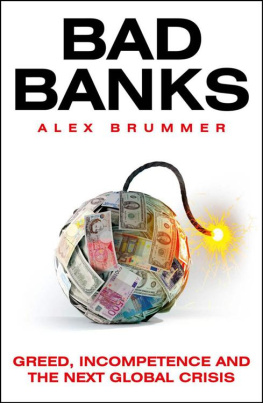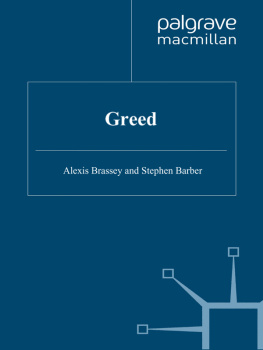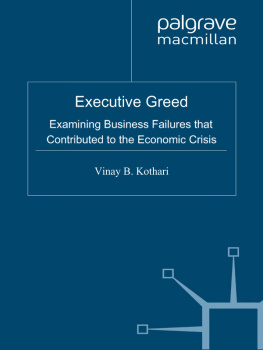The problem
Greed is good
Gordon Gekko, Wall Street (1984)
This avidity aloneisdirectly destructive of society
David Hume, A Treatise on Human Nature (173940)
This essay explores the clash of culture and civility between the recent financial failings of our own society and the forewarnings of one of the greatest European thinkers of the eighteenth century. Oliver Stones film Wall Street introduced us to Gordon Gekko, for some the energising, but ultimately for most the obnoxious symbol of a finance-driven economy. In him is writ large the unrestrained excesses of a greed-driven form of capitalism. In contrast, the elegant prose of the eighteenth-century thinker, David Hume, dissects and accentuates the dangers of this direction of travel. With his friend and philosophical innovator, Adam Smith, often seen as one of the founding saints of modern capitalism, Hume was in his own way as lacerating in his criticism of the misapplication of the dogmas of modern money-men as he was about the faults of institutional religion. Unconstrained greed is the heresy of our times. Hume argues that capitalism need not follow its siren calls.
To voice a Humean view of greed even a decade ago, would have been seen as a sign of envy, or prissiness, or left-wing bias. For was not Gekko more on message about what made capitalism tick? Perhaps, rather Gekko had identified the modern version of what Humes friend Adam Smith had seen as the essential hidden hand which drive economies to grow and expand. However, perhaps not, on two accounts: the first, that this is not an adequate understanding of Adam Smith; the second, that Gekkos picture of greed is more than an extravagant and eccentric characterisation of something which is fairly humdrum. For after all is it not fairly predictable that those in a position to do so will keep the twenty-pound note found on the footpath, buy shares that are comparatively cheap in the hope that they will rise in value, or seek the best interest rates for their modest savings?
What is the evidence for the presence of even a moderately Gekko-style greed in our society? One does not have to accept the details of Thomas Pickettys analysis of modern capitalism to ask questions about the impact of, for example, information technology on the generation of capital value and profits. The financial and banking collapse and its causes in, as well as its influence on, individual human behaviour that although not predicted by the pundits, has shown a side of modern life which has an obvious resonance with Humes comment about the destructive nature of avidity. It would be too simplistic to see a human motivation, greed, as simple cause of the post-2008 perturbations and near financial collapse. However, a return to business as usual is, as I shall argue, myopic. The shape of the incentives, rewards and even forms of admiration which are dominant in our society have a profound influence on human behaviour.
One significant change, as I have already mentioned, is that it is no longer bad form or bad taste to use the word greed before the nine oclock watershed. In the polite company of, for example, The Times or the Sunday Times Business section, we may once again use the word and ask questions about its application. There is a perception shared with Hume that greed is not culture-bound, it is an element of the human condition:
.cupidity is a human characteristic (Times Editorial, 27 October 2012)
And its sister paper, the Sunday Times, included this header in its Business Section of 16 February 2014: Fear and greed are driving a stampede of companies to the stock market.
Even more significantly, regular comment pieces and news reports in the financial pages make implicit and explicit connections between dubious human motives and accepted financial practices. These stretch from the scandals over fixing Libor or foreign exchange rates to maximise personal and corporate profit, to the ingenious and sometimes crass attempts to circumnavigate regulation on bonuses.
For example:
HSBCs stars to bypass bonus crackdown (The Times, Business headline 25 February 2014).
And, for variety:
Grand in your hand bonuses cost Lloyds Bank dearly (The Times, 12 December 2013).
The latter article charts the weird and not so wonderful ways in which the Halifax staff bonus scheme skewed a high proportion of sales to potentially unsuitable customer outcomes. A Sunday Times Business headline a few days later referred to this as part of a toxic culture. Even more shocking is The Times Business headline of the previous day, Insurers fine for preying on the elderly. And so one could go on. Even discounting the natural penchant of many journalists for a striking phrase, this limited sample of what is now fairly commonplace in the responsible press should alert us to a problem.
There are two points here, both of which, as we shall see, endorse Humes extreme conclusion that avidity is the most destructive of the vices. The first is that greed is a universal characteristic of individual human beings. The second is that it can be encouraged or moderated by the shape which we give to our society. In fact, even more critical than the latter is Humes view that if it is not restrained, then the consequence could well be the total collapse of the society in which we live.
This is clearly quite the contrary to Gekkos view that the life-blood of commerce, and therefore society, depends upon recognising that greed is good. Some have wanted to enlist Humes friend Adam Smith on the side of the hardline money-men who insist that making profit and expanding the economy is in fact enlightened self-interest, and that this is a duty and indeed even a virtue. This is a mistaken reading of Adam Smith. But more of that anon. The next section of this pamphlet will analyse the reasons which Hume gave for his harsh judgement on avidity.
David Hume: destructive or creative sceptic?
Humes account of the nature of avidity is one very specific and pointed example of his analysis of the nature of society. The starting point for this is the outcome of his agonised and healing years as a young man in France, the first two books of his Treatise of Human Nature (173940). This revolutionary work, famously, in Humes own words, fell stillborn from the press. Yet this was the calm before the storm.
As the main early themes reached a wider audience and impact, Hume became a marked man. The chief characterisation, in an age of conventional faith, was as a sceptic, and this persists to this day. It is not unfair, but we tend to forget that to be a sceptic is not necessarily to be a cynic or a nihilist. There was more to his philosophy than that. However, given his use of wit and irony red hot spikes to the sensitivities of the unco guid (or the Religiously Righteous) of his day and the sharpness of those intellectual tools, it is hardly surprising that he fell foul of much of the establishment. He was for example denied professorships in Philosophy at both his alma mater, the University of Edinburgh, and its sister University of Glasgow. Yet at least in hindsight we see him as probably the most important philosopher to have lived and worked in these islands.


